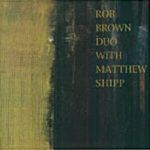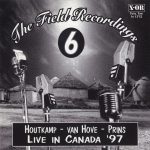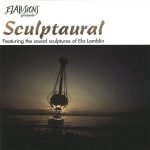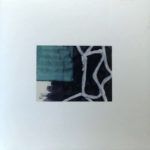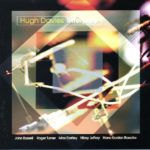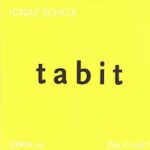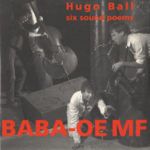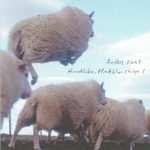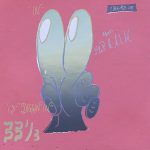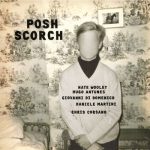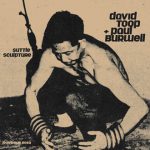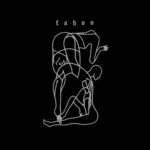Thirteen Friendly Numbers
12,50 € VAT Included
Only 2 left in stock
John Butcher appeared on six records, beginning with the 1984 LP “Fonetiks, before he first released “Thirteen Friendly Numbers” on his own Acta label in 1992. But the disc is still something of a debut; it is the first document of his peculiar language for solo saxophone, which he had fashioned by purging his vocabulary of the instrument’s familiar sounds and jazz-associated gestures, and filling the space with carefully selected sounds located at the periphery of instrumental control. Butcher’s inspirations were as singular as his sounds. In musique concrete, he explains, “the actual source of the sound could change quite drastically within the course of a phrase of the music, and I was intrigued with trying to find ways of doing that on the saxophone.” In “The Brittle Chance,” for example, Butcher replicates the dynamic and textural shifts of 50s and 60s electronic music by nimbly switching between multi-phonics and fluttering, high-frequency tones. “Notelet” unveils his determination to wring something new from that ancient device, melody, by trying to avoid idiomatic references. And the four multi-tracked pieces bypass the dubious legacy of saxophone quartets; while Butcher preserves spontaneity by executing the parts in real time, each track of “Bells And Clappers” hews to the same notes, creating densely massed sonorities, effectively treating the horns as one giant instrument instead of a reduced ensemble. And by amplifying the interior action of his horns to the point of feedback, he turns microphones and clattering keypads into an electro-acoustic ensemble on “Mackle Music.” In the years since “Thirteen Friendly Numbers’” initial release Butcher has advanced as a player, making apposite contributions in settings as disparate as his intimate duo with harpist Rhodri Davies and the massively amplified Ex Orkest. His burgeoning discography now includes three more solo albums, yet this one still holds its own in any company; the ideas are compelling, the playing committed, the music thrilling. In an age when so many records of improvised music seem like little more than calling cards, that’s no mean feat.
Bill Meyer, Berwyn IL, January 2004.


